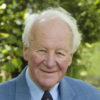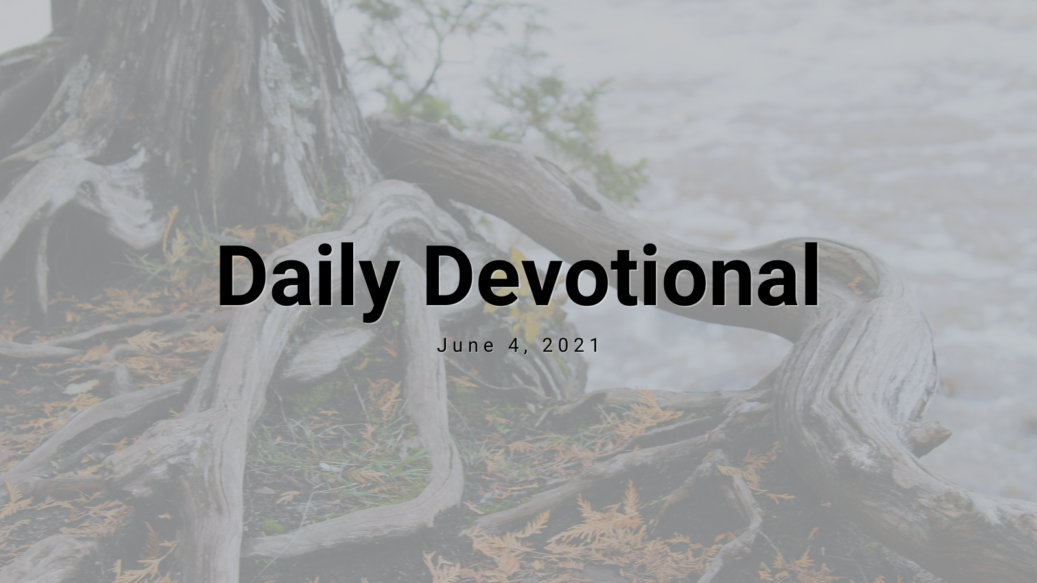Theme of the Week: Radical Discipleship
Bible Verses: “But you are a chosen race, a royal priesthood a holy nation, a people for his possession, so that you may proclaim the praises of the one who called you out of darkness into his marvelous light.” 1 Peter 2:9
Scripture Reading: 1 Peter 2:9, Exodus 19:5-6
Here the apostle likens the church to a nation or people, in fact, to God’s own people or possession.
What is fascinating about these expressions is where Peter got them from. He did not invent them, but found them in Exodus 19:5–6, where God said to Israel newly redeemed from Egypt that if they kept his covenant by obeying his commandments, they would be his treasured possession (sĕgullâ), his nation out of all the nations of the earth, a holy nation.
Here in this letter, with great audacity given him by the Holy Spirit, Peter lifts these words out of Exodus where they applied to Israel and reapplies them to the Christian community. You followers of Jesus, he is saying to us today, are what Israel used to be – “a holy nation,” though now an international one. But why did God choose Israel? And why has he chosen us?
The answer is not out of favouritism, but in order to be his witnesses; not that we might enjoy a monopoly of the gospel, but that we might declare “the praises (or “excellencies” or “mighty deeds”) of him who called you out of darkness into his wonderful light.” Now then, we cannot possibly keep these blessings to ourselves!
Peter still has two more pictures, and with verse 11, he introduces them: “Dear friends, I urge you, as foreigners and exiles, to abstain from sinful desires, which war against your soul.”
The Greek words are interesting. The word for “foreigners” indicates people who have no rights where they live, while “exiles” are those who have no home.
Why did Peter describe his readers by these words? Partly because this is what they were literally. They were scattered throughout the Roman Empire. They belonged to what was known as the “diaspora” (1:1). But in addition, this symbolized their spiritual condition. Now that they had been born again into the kingdom of God, they had become to some degree “foreigners and exiles on earth.”
Therefore they were now citizens of two countries. And because their primary citizenship was heavenly, they were called to holiness. This concept of a holy and heavenly “citizenship” is a dangerous truth, for it can easily be distorted.
Indeed it often has been misused and become an excuse to opt out of our earthly responsibilities. But Peter is careful to avoid this travesty of the truth. For he moves straight from his reference to our pilgrim status to our citizenship duties on earth.
From The Radical Disciple: Some Neglected Aspects of Our Calling. Copyright ©2012 by John Stott. Used by permission of InterVarsity Press, Downers Grove, IL.
As an Amazon Associate, we may earn commission from qualifying purchases on Amazon.ca. Learn more.
Copyright © 2021 Impactus | Promise Keepers Canada. All rights reserved.
About


